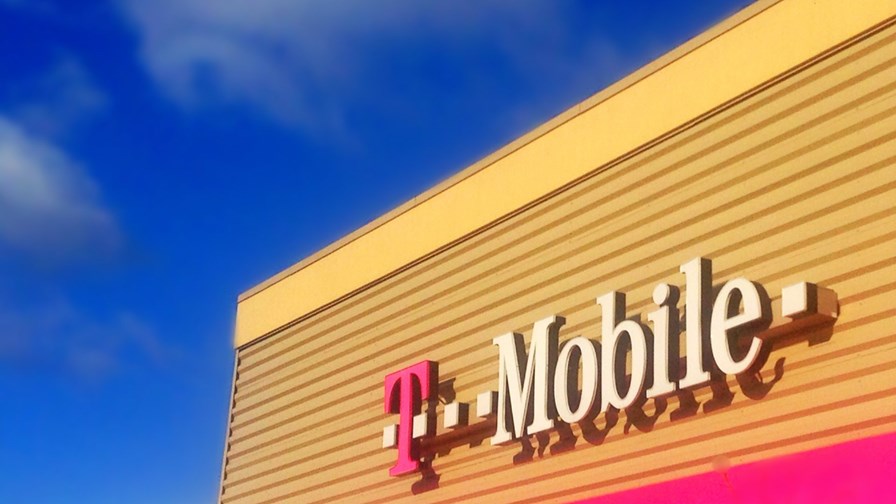
via Flickr © JeepersMedia (CC BY 2.0)
T-Mobile and Nokia Networks are developing a pre-standards License Assisted Access (LAA), - also referred to as LTE unlicensed - solution. This is the technology that might allow wireless providers to use unlicensed spectrum, as used by WiFi. All will be revealed at Mobile World Congress next week when Nokia Networks demonstrates the capabilities of LAA, using its Flexi Zone small cell technology, currently deployed by T-Mobile to enhance the mobile broadband capacity of its LTE network.
The companies say the the demonstration will show carrier aggregation between LTE in licensed and unlicensed spectrum and will prove technology's ability to co-exist happily with WiFi. Fears have been raised in the WiFi community that LTE transmission in the public bands might disadvantage WiFi users.
For mobile operators the advantages of LAA aren’t in doubt. The approach provides additional capacity available from the unlicensed spectrum, particularly in hot spots and indoor locations. The 5 GHz frequency band, typically used for Wi-Fi today, can uniquely complement licensed LTE bands.
According to Nokia and T-Mobile, LTE can provide better spectrum efficiency than current technologies (ie WiFi) on that band. Additionally, LAA brings all of LTE's efficiencies and seamless mobility to the unlicensed band while ensuring smooth co-existence with Wi-Fi services. Carrier aggregation between LTE in licensed and unlicensed spectrum provides customers guaranteed service quality and boosts overall performance where needed.
Email Newsletters
Sign up to receive TelecomTV's top news and videos, plus exclusive subscriber-only content direct to your inbox.




